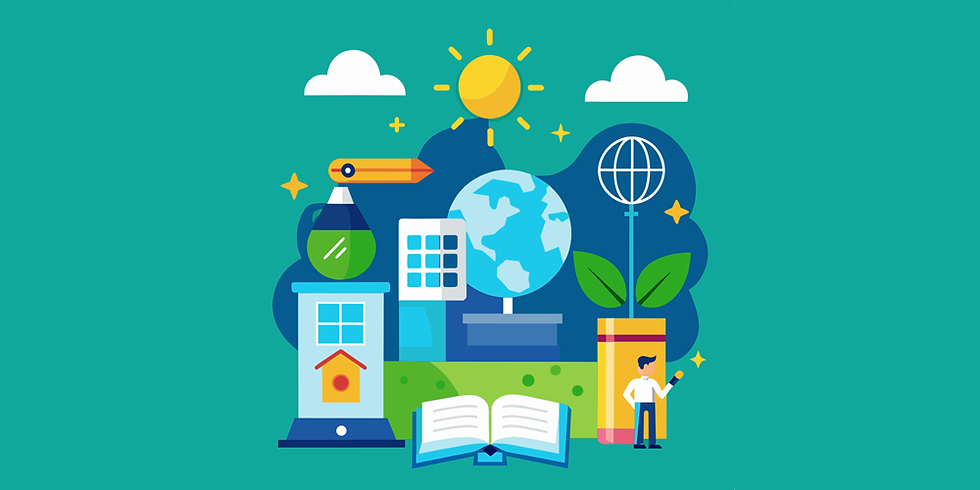Plastic Waste Affects The Oxygen-Producing Marine Bacteria
- Cherry Sung
- Aug 31, 2019
- 2 min read
First research on plastic chemicals... Whole marine ecosystem in threat beyond individual organism

Plastic waste is responsible for 10% of the human-breathing oxygen and the harming of marine bacteria that support the ocean food chain. It is threatening the entire marine ecosystem beyond individual harm to sea creatures such as filling the whales and turtles or wrapping the seagulls.
A research team led by Dr. Sasha Tetu of the Department of Molecular Sciences at the University of Macquarie, Australia, analyzed the effects of chemicals from plastic waste on prochlorococcus, a photosynthetic bacteria in the ocean. In the latest issue of the journal Communications Biology.
In the lab, the team exposed two types of Prochlorococcus to chemicals from plastic bags and PVC mats, which are commonly used to store food. As a result, these chemicals have been shown to inhibit Prochlorococcus growth, photosynthesis, oxygen production, and alter gene expression.

In particular, one species of Prochlorococcus was found to cease oxygen production 24 hours after exposure to chemicals from PVC mats.
The team immersed plastic bags and PVC mats in artificial seawater for five days to release chemicals.
This is the first study analyzing the effects of chemicals from plastic waste on marine microbes.
Prochlorococcus is the most widespread photosynthetic bacterium in the ocean, supporting marine food chains and responsible for 10% of global oxygen production.
Lisa Moore, the co-author of the paper, said in a statement, "Plastic can contaminate the marine environment with a variety of chemicals, but has been relatively unnoticed compared to the damage to plastic waste from large marine animals."
"One of the ten breaths that humans breathe is thanks to this bacterium, and very little is known about how this tiny creature is affected by man-made pollutants."
"This study has shown that plastic contamination can have a wide range of impacts on marine ecosystems beyond the impact of large animals such as seabirds and turtles," said Dr. Tetu. "We will study."
Plastic waste is causing $13 billion in economic damage to marine ecosystems every year, and it's getting worse, and by 2050 there's even concern that plastic waste will overwhelm fish.



